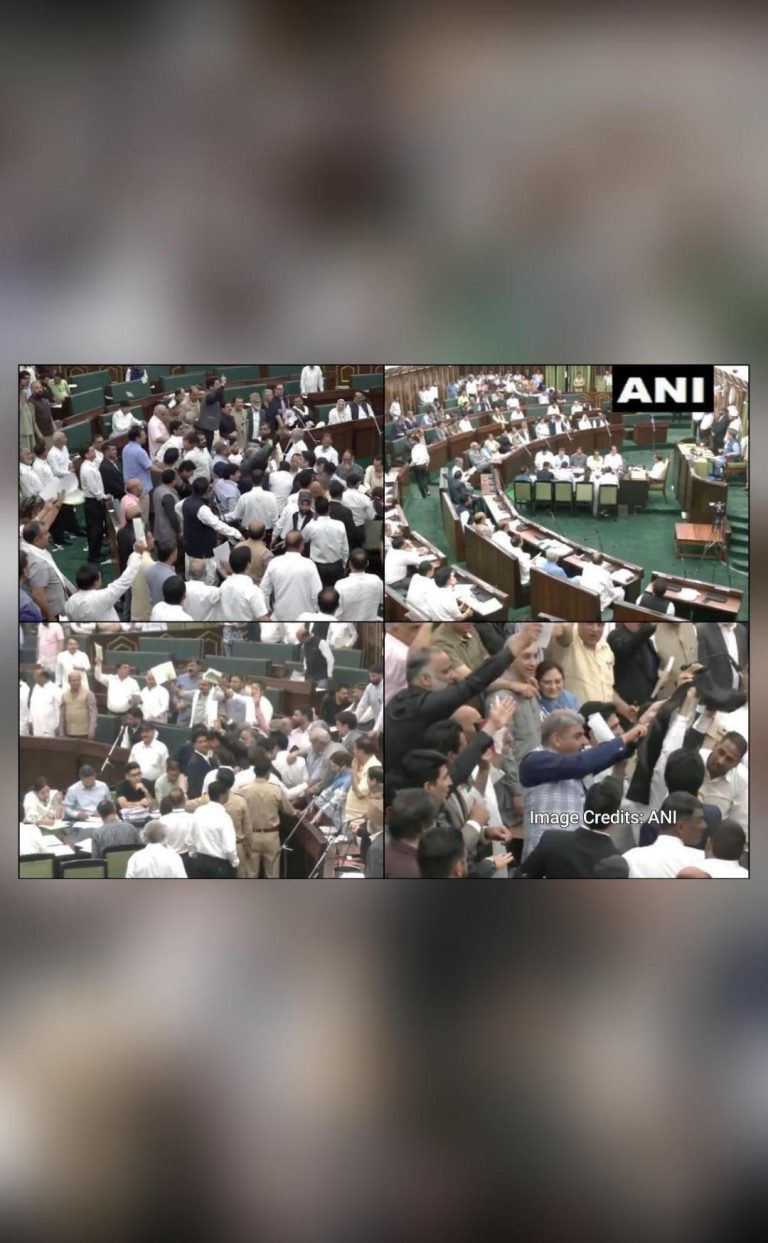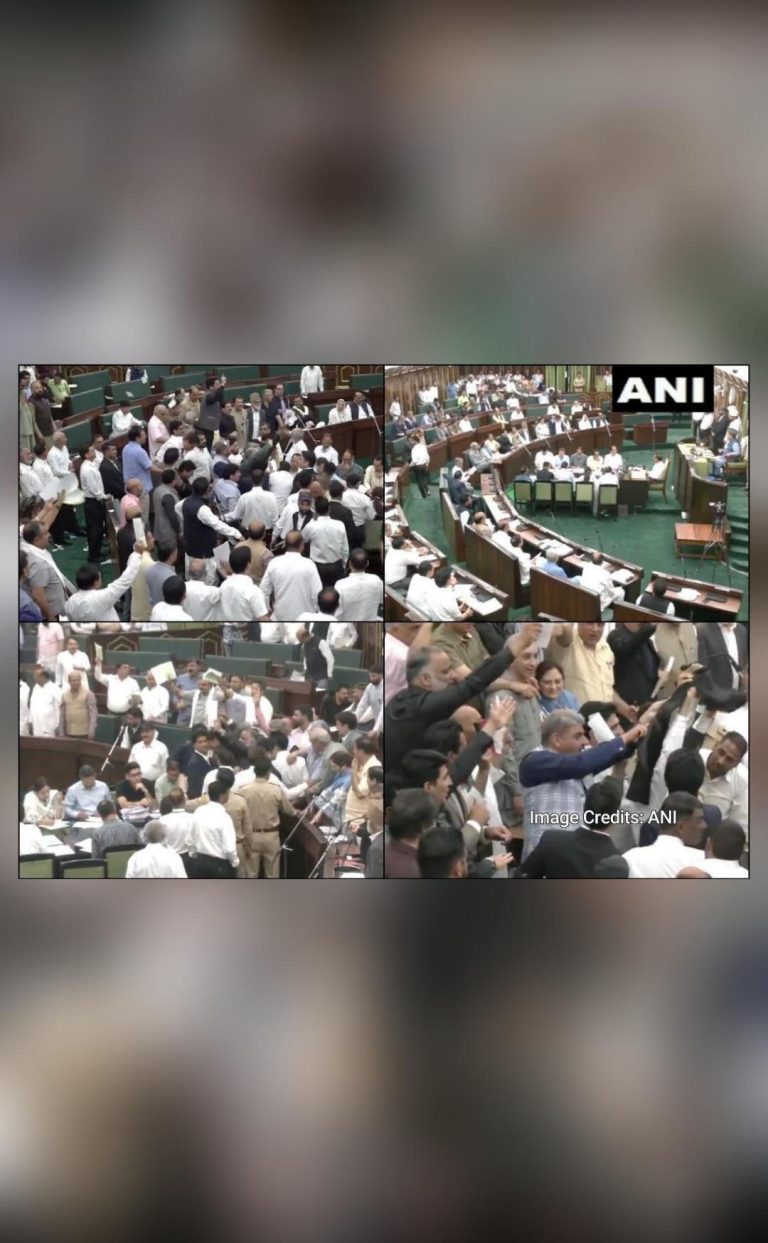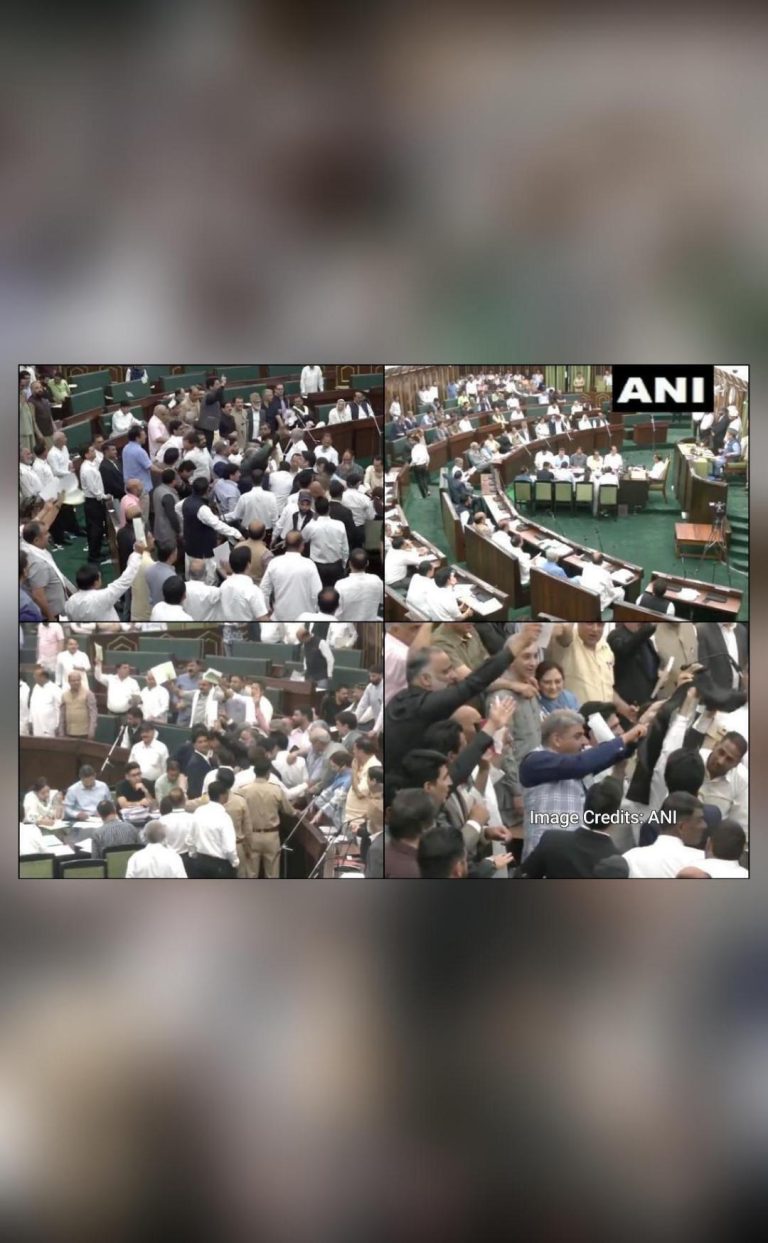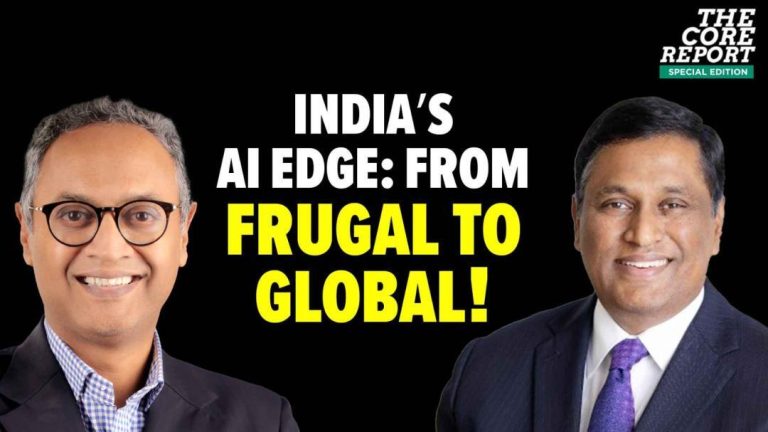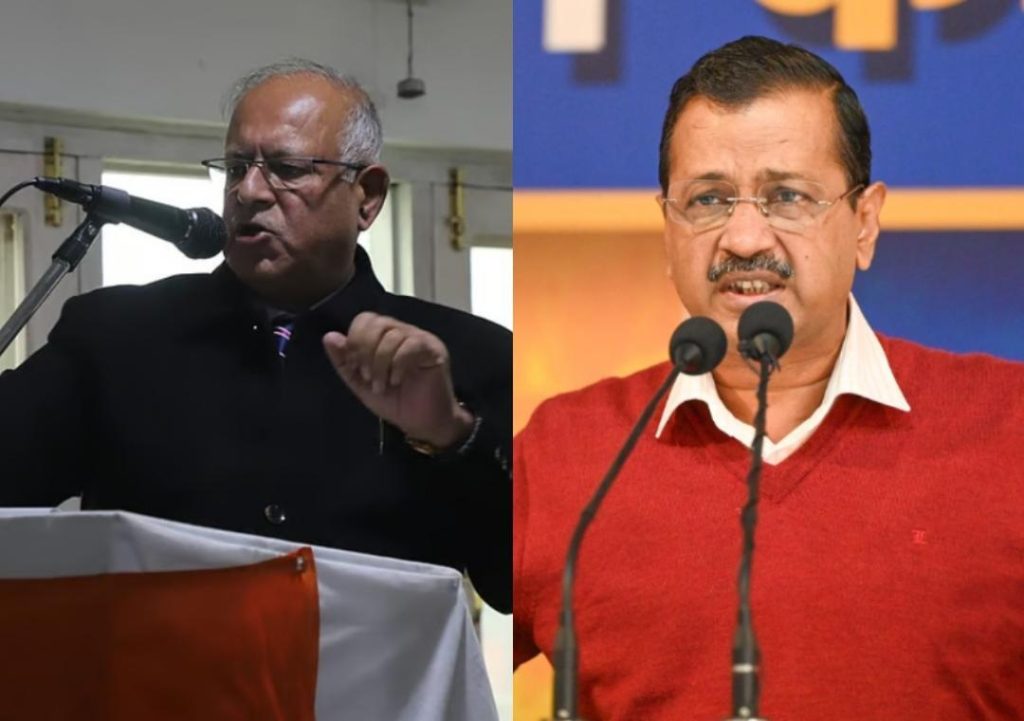
Congress was ready for pre-poll alliance, Kejriwal refused: Tariq
In a shocking revelation, Jammu and Kashmir Pradesh Congress Committee President Tariq Hameed Karra has claimed that the Congress party was ready to form a pre-poll alliance with the Aam Aadmi Party (AAP) in Delhi, but AAP supremo Arvind Kejriwal refused the proposal. Karra’s statement has sparked a controversy, with many questioning the intentions of the Congress party and the refusal of Kejriwal to form an alliance.
According to Karra, the Congress party was willing to join hands with AAP to take on the Bharatiya Janata Party (BJP) and its allies in the Delhi Assembly elections. “We were ready to form an alliance with AAP, but Kejriwal refused. It is a defeat of Kejriwal, his high-headedness that he could do miracles without the Congress,” Karra said in an interview.
The statement comes as a surprise, considering the Congress party’s dismal performance in the Delhi polls. The party failed to win a single seat, while AAP won a landslide 22 seats. The BJP won 8 seats, and the Congress’s performance was widely seen as a disappointment.
Karra’s claim has raised several questions about the Congress party’s strategy and its relationship with AAP. While it is not uncommon for political parties to explore alliance options before elections, the Congress party’s proposal to AAP was seen as a significant move. An alliance between the two parties could have potentially altered the outcome of the elections and given the Congress party a stronger foothold in the national capital.
AAP, on the other hand, has been known for its reluctance to form alliances with other parties. Kejriwal has consistently maintained that AAP can win elections on its own, without the need for alliances. His party’s victory in the Delhi polls is seen as a testament to this strategy.
However, Karra’s statement suggests that AAP may have missed an opportunity to strengthen its position in the state. An alliance with the Congress party would have given AAP a significant boost, especially in terms of resources and infrastructure. The Congress party has a strong presence in Delhi, with a large number of party workers and leaders.
AAP’s decision to refuse the Congress party’s proposal has also been seen as a defeat for Kejriwal’s leadership. Karra’s statement has sparked a controversy, with many questioning Kejriwal’s ability to lead the party to victory without the support of other parties.
The refusal of AAP to form an alliance with Congress has also raised questions about the party’s commitment to its ideology. AAP was founded on the principles of anti-corruption and social justice, but its decision to refuse an alliance with the Congress party, which is seen as a party that has fought for social justice and equality, has raised doubts about its commitment to these values.
In conclusion, Tariq Hameed Karra’s statement has sparked a controversy, with many questioning the intentions of the Congress party and the refusal of Kejriwal to form an alliance. While AAP’s victory in the Delhi polls is a testament to its strategy, the refusal of the party to form an alliance with the Congress party may have missed an opportunity to strengthen its position in the state. As the political landscape of India continues to evolve, it remains to be seen how these developments will impact the future of politics in the country.
